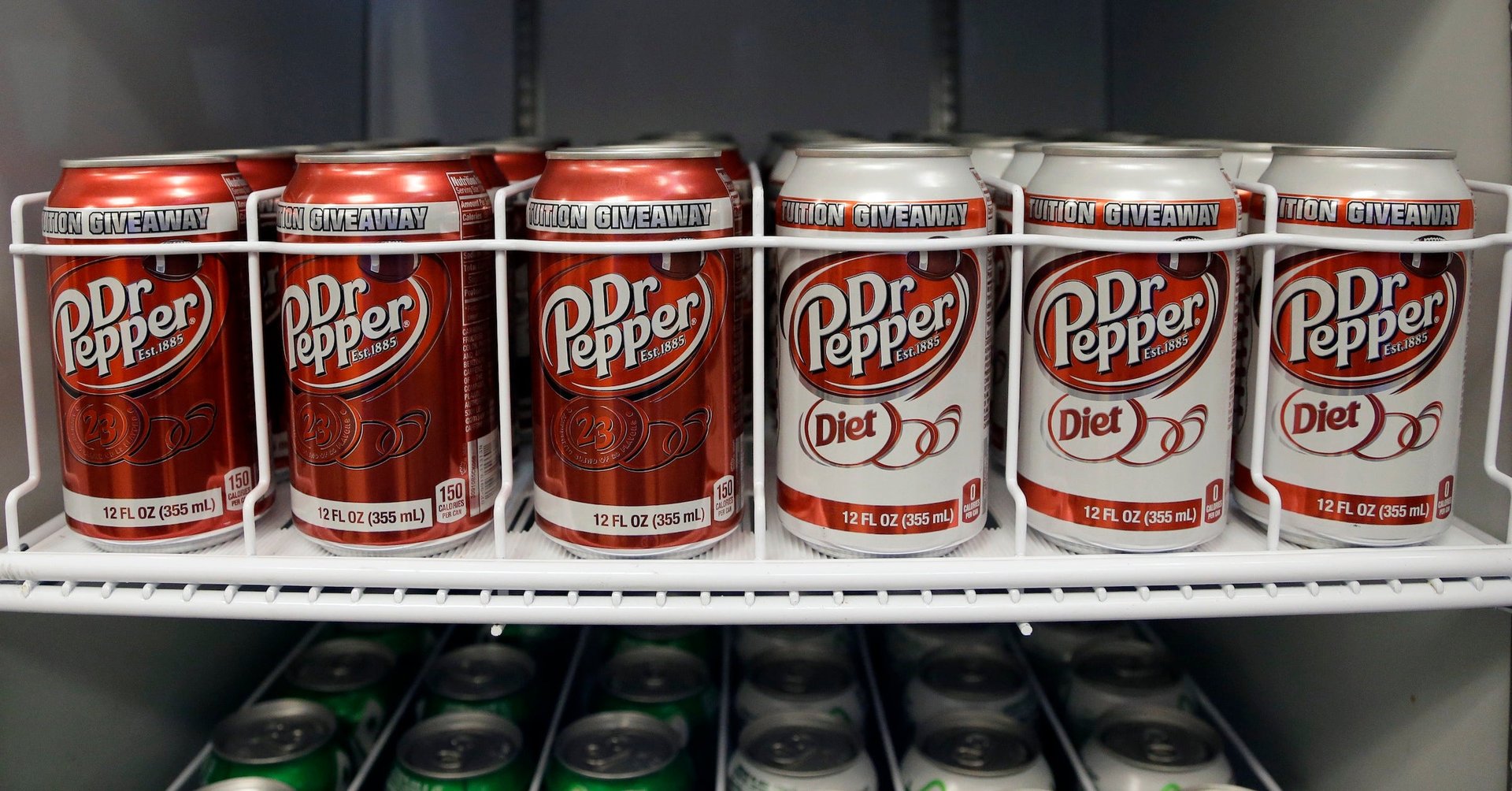Keurig is using its successful coffee playbook to bring you homemade Dr. Pepper
It might irritate coffee snobs, but Keurig Green Mountain has become an enormous success on the back of its single-serve machines. Its stock outperformed the market, and it got legendary hedge fund manager David Einhorn to admit defeat after his years long bet on the company’s failure. Today, it announced an exclusive deal (paywall) with Dr. Pepper Snapple to sell versions of its products for its forthcoming “Keurig Cold” platform.


It might irritate coffee snobs, but Keurig Green Mountain has become an enormous success on the back of its single-serve machines. Its stock outperformed the market, and it got legendary hedge fund manager David Einhorn to admit defeat after his years long bet on the company’s failure. Today, it announced an exclusive deal (paywall) with Dr. Pepper Snapple to sell versions of its products for its forthcoming “Keurig Cold” platform.
This follows a similar deal with Coca Cola (which also bought a chunk of the company). Keurig now has two of the biggest brands in the world on board, which are presumably willing to back up the September launch of the new machine with their substantial marketing and sales power. Both hope countertop machines will drive sales in a difficult market for soda.
The moves are eerily similar to the strategy that helped the company dominate coffee in the United States. When the company lost its patent on K-cup coffee pods, many predicted doom in anticipation of a raft of cheaper, generic competitors. But Keurig made a series of smart deals with big coffee brands like Dunkin Donuts, Starbucks, and Kraft, helping limit generic competition, and creating a revenue stream from every licensed pod. Those deals expanded its reach and helped keep prices up, without doing much to noticeably cannibalize the company’s own sales.
Keurig is once again making itself the partner of choice for enormous brands, which could give it an immediate competitive boost over rival SodaStream, and access to a global and European market that doesn’t particularly like its coffee.
SodaStream’s current brands in the US, beyond its own house options, include only Kool-aid, Country Time lemonade/Crystal Light, sparkling beverages from Cooking Light magazine, V8 Splash, and Ocean Spray.
Indra Nooyi, the CEO of uncommitted soda giant PepsiCo, was critical of at-home products at a conference last month even as the company runs a small test with SodaStream. She said the resulting product was inferior to regular Pepsi, and took too long to make. Those aren’t the sentiments of somebody looking to jump into a deal.